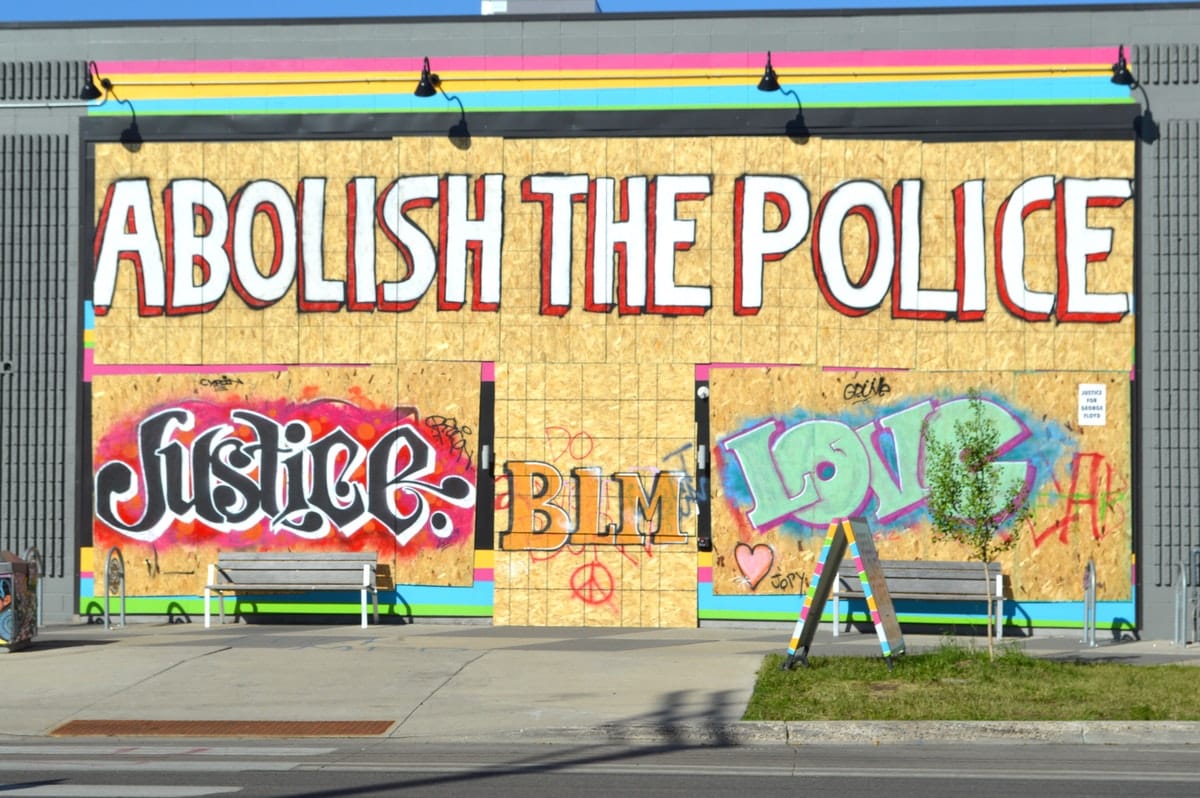Can abolishing psychiatry and the police save America (and the world)?
In the first of this two-part special edition, we examine how racism, ill-gotten attitudes towards mental illness, and heavy-handed law enforcement continue to devastate Black Americans.

Before you begin: a note on this special edition
On January 10, Patrick Warren, Sr., a Black man from Killeen, Texas, was shot dead by a policeman in front of his house. Warren, Sr., was experiencing a mental health crisis, and his family had called for help. Instead, he was met by an officer untrained to handle the situation any other way except by drawing his gun.
This newsletter, part I of a two-part special edition, outlines the antecedents of this shocking violence, which has killed countless other Black Americans living with mental illness, strengthening the case against systemic racism made by the Black Lives Matter and Abolish/Defund the Police protestors.
It also focuses attention on the long and troubling history of power politics that led to mental illnesses like schizophrenia being portrayed — and criminalised — as exclusively Black disorders.
The second and concluding part of this edition will contain extensive commentary from experts about what the ongoing movements to abolish the institutions of policing and psychiatry have in common (or not), and whether abolition can be the answer.
This is by no means an exhaustive or didactic exercise. I am aware of my limitations as a non-American person writing about American politics and society. Think of this as an attempt to make sense of something deeply troubling in the mental health ecosystem and start a shared conversation on how we can remedy it.
Despite Trumpageddon, America exerts an outsize influence on how the world understands concepts such as justice and freedom, and its presence is writ large on the global mental health movement. So these are issues that should give us all pause, no matter where in the world we are. And what better time to talk about them than Inauguration Day, when America is hoping to usher in a new era of sanity under a new leader.
How ‘madness’ became a Black disease
In the 1970s, US newspapers started carrying advertisements for a new drug for schizophrenia. The ads featured a Black man with a clenched fist and had the tagline “Assaultive and belligerent? Cooperation often begins with Haldol.”
The slogan was new, but the sentiment wasn’t. Haldol’s marketers were cashing in on an ancient stereotype that had gotten fresh fuel in the wake of the Civil Rights movement in the 1950s and 60s: the Blacks are crazy.





